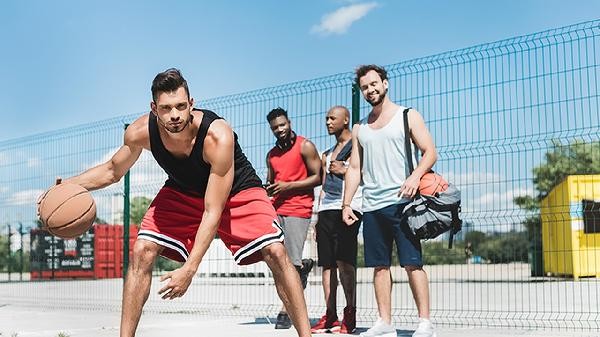It is not recommended to eat sweets during exercise, mainly because sweets can easily cause blood sugar fluctuations, increase fat accumulation, affect exercise effectiveness, reduce satiety, and interfere with metabolic balance. Sweet foods usually contain a large amount of refined sugars and simple carbohydrates, which are quickly absorbed by the body, leading to a rapid increase in blood sugar levels. A sudden increase in blood sugar can stimulate the release of a large amount of insulin, prompting the body to convert excess sugar into fat for storage, especially when it accumulates in the abdomen. A high sugar diet can also cause blood sugar fluctuations, which may lead to increased fatigue or hunger after exercise, affecting subsequent training status. Sweet foods have high calorie density but poor satiety, which can easily lead to excessive calorie intake without realizing it, offsetting the calories burned during exercise. Long term high sugar diet may interfere with the normal secretion of hormones such as leptin, leading to appetite regulation disorders. Some fitness enthusiasts may consume small amounts of sweets under certain circumstances. After high-intensity training, there is a brief metabolic window period during which muscles have an increased demand for glycogen synthesis. Moderate supplementation of simple sugars can help quickly restore muscle glycogen reserves. Some sports that require rapid energy replenishment, such as endurance exercises, can be supplemented with sugary foods in moderation before or during competitions. However, the general fitness population should still rely mainly on natural sources of sugar such as whole grains and fruits, and control the intake of added sugar. During the fitness period, a balanced diet should be emphasized, with priority given to high-quality protein, complex carbohydrates, and healthy fats. Properly controlling the intake of sweets can help maintain stable energy levels and body composition. It is recommended to replace processed sweets with natural foods such as fresh fruits and nuts, which can meet the taste requirements without affecting the fitness effect. Maintaining regular exercise while establishing scientific eating habits is necessary to achieve ideal fitness goals.










Comments (0)
Leave a Comment
No comments yet
Be the first to share your thoughts!